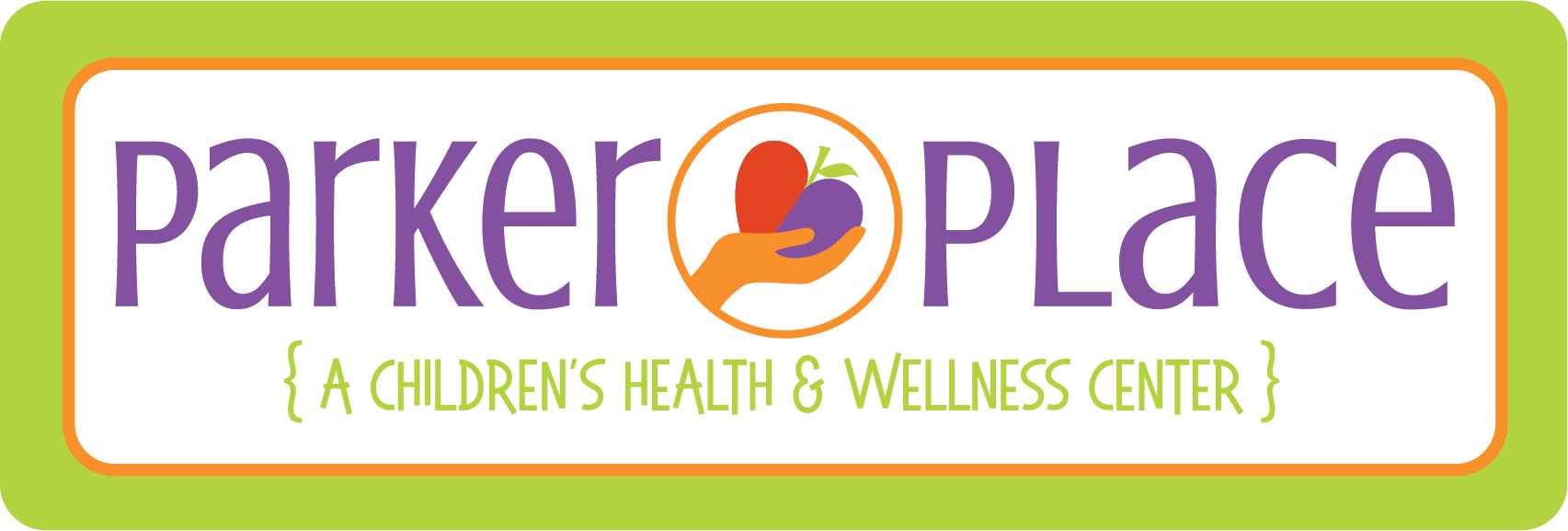Elevating Your Sleep Routine
This post was contributed by Megan Moret, a Doctor of Occupational Therapy student who worked with us here at Parker Place as part of her final capstone project in the fall of 2021.
Healthy sleep is important for individuals of all ages to ensure optimal functioning throughout the week. However, the power of sleep is often underutilized for its positive health effects due to busy schedules and poor habitual sleep patterns. When you do not get enough sleep at night, your brain is unable to properly function, and you may find yourself experiencing brain fog, increased appetite, irritability, and fatigue. Prioritizing sleep by creating a consistent sleep schedule and bedtime routine will ensure your body is able to function to its best ability the following day.
Healthy sleep is achieved by experiencing regular sleep cycles and getting adequate amounts of sleep each night. The Sleep Foundation has published the following guidelines for healthy sleep durations by age:
Infant (4-11 months old): 12-15 hours per night
Toddler (1-2 years old): 11-14 hours per night
Preschool (3-5 years old): 10-13 hours per night
School-age (6-13 years old): 9-11 hours per night
Teen (14-17 years old): 8-10 hours per night
Young adult (18-25 years old): 7-9 hours per night
Adult (26-64 years old) 7-9 hours per night
Older adult (65+ years old) 7-8 hours per night
Many individuals experience difficulty falling asleep at night, which results in later bedtimes and inadequate amounts of sleep. Creating a healthy sleep pattern by setting up a habitual nighttime routine will promote earlier bedtimes and assist you in achieving appropriate amounts of sleep each night. Removing distractions such as televisions and cellphones an hour before your ideal bedtime will assist you in falling asleep at an earlier time. Our brains have difficulty differentiating between the light produced from these devices and the daylight it uses to regulate sleep, which results in difficulty with falling asleep at your bedtime. Instead, you can replace these sleep-altering activities with behaviors such as journaling, listening to soft music, reading, meditating, or completing deep breathing exercises.
In addition to removing these bedtime distractions, here are some tips to fall asleep earlier and achieve deeper sleep throughout the night:
Ensure your bedroom is cool and comfortable in temperature
Use a sleep mask to reduce light and distractions within your bedroom
Increase your level of physical activity during the day
Reduce your caffeine intake by consuming it only in the morning
Go to bed at the same time every night
Replace any uncomfortable pillows or mattresses
Visit the Sleep Foundation website for more information on elevating your sleep routine.
You might also want to check out the Meditation by Soothing Pod free mobile app (click here for iPhone or click here for Android) to assist you in falling asleep earlier by engaging in guided meditation, playing soothing music, and listening to bedtime stories.
By improving your sleep, you’re adding another building block to a solid foundation of good health!

